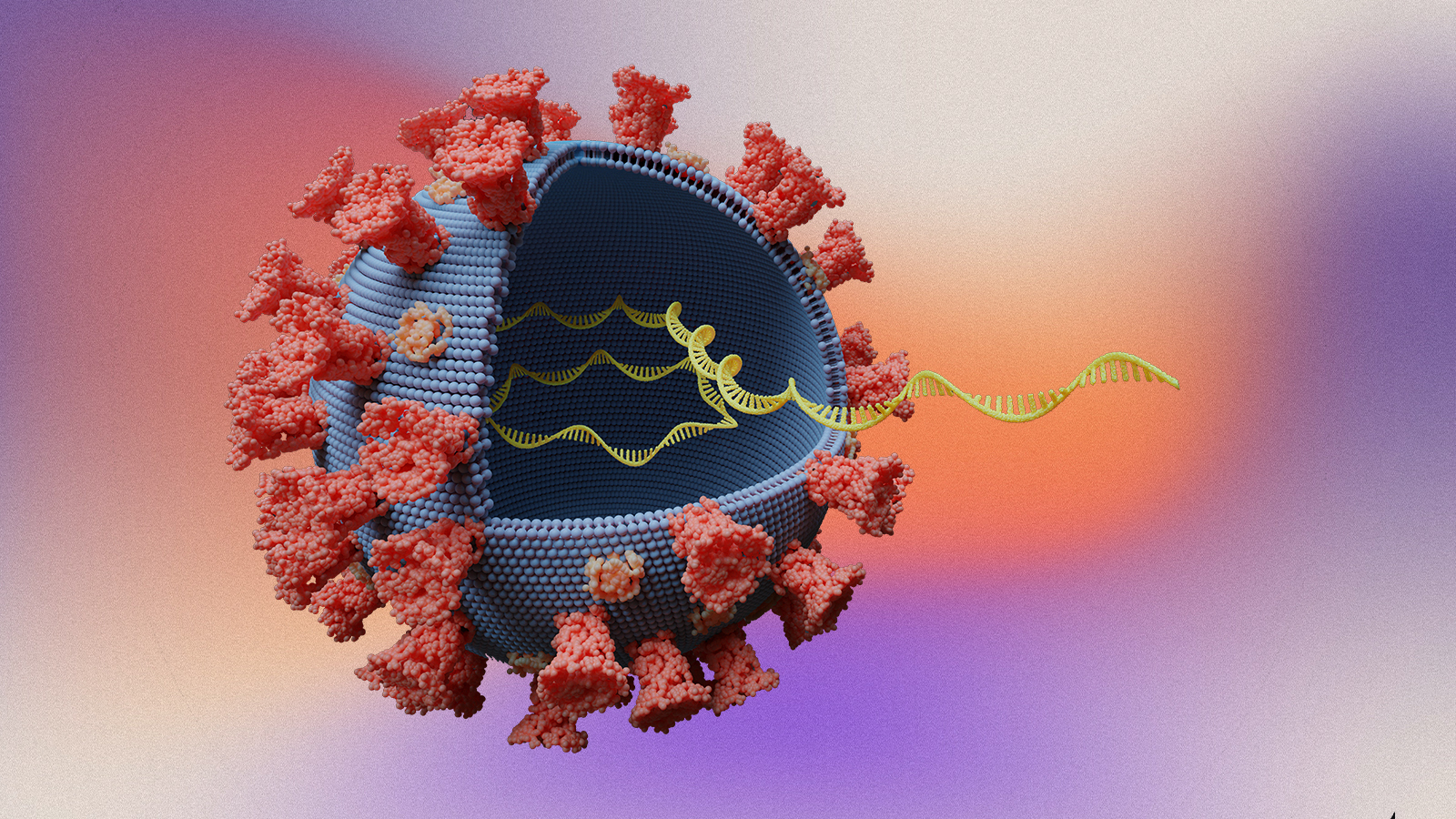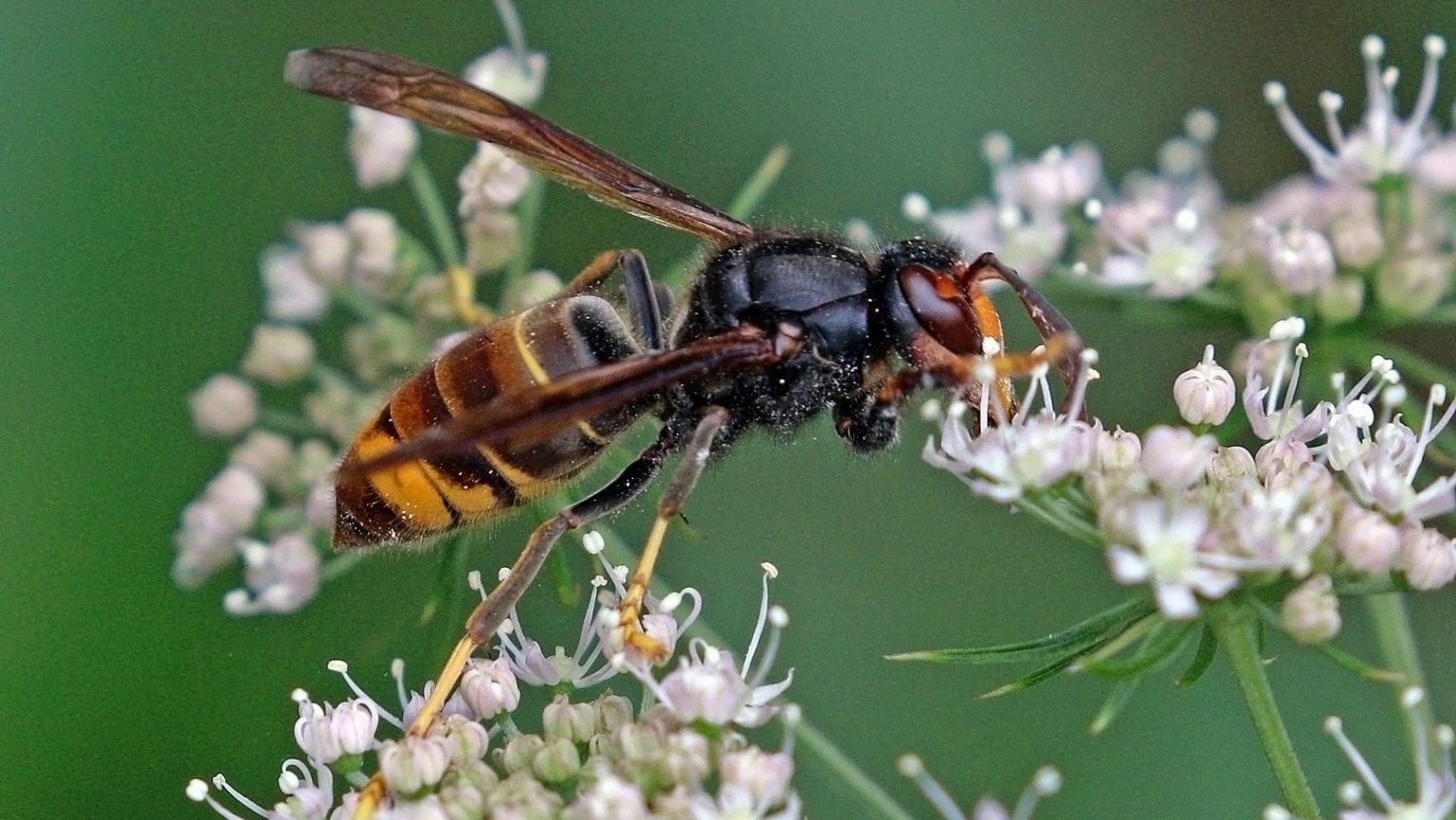While popular ’90s TV show Bill Nye the Science Guy was aimed towards students in elementary school to middle school, the 2000s TV program The Eyes of Nye was for teenagers and adults – those who were raised on The Science Guy and continued to enjoy the persona. It was on this show that author, science educator, and television host Bill Nye began to talk about GMOs and, in his opinion, why they were bad.
The world is a complex system, and each ecosystem is equally delicate. Until recently, the idea of messing with the natural order of crops was thought to be dangerous – too much was either left unknown or had devastating consequences. Consider the cane toad in Australia, first introduced from Hawaii in an attempt to control pesky crop-eating beetle populations. Because they have no natural predators in Australia, cane toads quickly spread beyond control, eating crops and spreading diseases. Introducing new strains of crops could have similar effects on local ecosystems.
But in the years since Bill Nye has changed his tune, citing several reasons GMOs are a good thing. The planet’s population is growing, and by the middle of this century it is expected to hit nine million people. There’s a general consensus among scientists that GMOs are not the evil we once thought, rather they allow us to grow more food, more efficiently.
GMOs are already strictly regulated, because of the concerns that Nye and many scientists of the last decades have shared. With rules in place to protect ecosystems and humans alike, GMOs safely allow for bigger, better crops that can be grown in rich soil or non-arable land.
Nye raises the interesting point that GMOs can and do occur naturally in the world without human meddling, as genes in crops can change over time due to mutations. Sweet potatoes exist only because of a virus that changed the plant a long time ago,. Humans liked what they saw, and cultivated the sweet potato to widespread approval.
Taking all these things into account, Bill Nye has come to a conclusion: since the population of the world is going to need more food, since technology has improved to the point that it’s easier to judge the environmental risks or benefits, and because genetically modified crops are typically modified for the better, GMOs are not so bad. They might even be good.
Bill Nye’s most recent book is Unstoppable: Harnessing Science to Change the World.
Bill Nye: In 2005, when I did a show called The Eyes of Nye, companies like Monsanto had patents on genes and people were questioning whether or not that was ethical. Also there was this overarching idea that we have enough food, we just can’t distribute it properly, and the reason people are starving in the world is there’s enough food. And my concern was the ecosystem. This is to say you can know each organism very well. And by know I mean you can know it’s the sequence of its genes and you can grow it in isolation and refuges and see how it performs. This is talking about crops now. So there would be no need to experiment with the ecosystem even though you can know the individual crop plant, you don’t know what it would do when it’s around butterflies or bees or birds or other pollinators or some virus we haven’t discovered yet.
Since then a couple of things - three things - have happened to my way of thinking. The least significant may be that we can now assay genes ten million - this is to say - no, 100 million. Ten to the eighth times faster than we could 15 or 20 years ago. The DNA sequencing machines are so sophisticated. You can actually simulate what would happen if this virus comes in or that gene is introduced from a vector, an insect vector or what have you. That’s the first thing, that you can make predictions about, how plants will grow based on their genes very accurately. Much more so than you could a couple of decades ago.
The second thing is there are 7.3 billion people in the world right now early in the 21st century. By the middle of the 21st century there’s going to be 9 billion. There might even be 10 billion people. So those people are going to have to be fed. And sure enough the way to do that is almost certainly with genetically modified crops which are much more productive than they used to be.
And then, from a historic standpoint, humans have always hybridized crops. But now humans are hybridizing from a genetic standpoint not just by combining, sexually, crops of desirable traits.
And the third thing which is very compelling to me as a scientist is we have discovered - and maybe everybody knew this except me and I’m the first to admit - we’ve discovered that genes are introduced between species naturally. And the paper that really got to me was the one about sweet potatoes. So sweet potatoes became sweet potatoes because something like a virus infected the sweet potatoes and changed their genes. And then humans cultivated those gene-changed potatoes. And so without this introduction of interspecies - between species - genetic transfer of this wouldn’t have happened.
So these three things – the ecosystem concern, the rate at which we can assay genes, the number of people that are going to have to be fed. That’s the second one. And the third one is it happens naturally anyway. These three things have changed my point of view about genetically modified foods. And the regulations for them are actually quite robust. You can’t just go creating a crop plant that going to be deleterious to the farming system.
Along with this, everybody, I’m the first to admit the idea that you can patent genes seems troubling but there’s a lot to it that’s very reasonable. Companies like Pioneer - the seed company that’s part of DuPont - and the bemixed-feelings Monsanto, they spend a lot of money, a huge fraction of their resources, on developing these plants. And recently the patented soybean expired - the patent expired. So soybeans are out now. So okay. So if you want to grow those soybeans now you can. And farmers do make contracts to grow those plants because they grow better.
So we can imagine a future where plants are tuned to grow in very moist soils at the bottom of the hill where the water runs down, very dry soils at the top of the hill where the water drains away quickly and in between, the crop plants that would be planted would vary like meter to meter. Certainly across the farm field they would vary from one end to the other. And they would be planted electronically using global positioning from outer space. And this will enable people to feed the world. So I used to be against genetically modified foods just from the cautionary principle: you don’t know what you’re doing to the ecosystem so be careful. Now I am for genetically modified foods because we have so much more science behind it than we did even 20 years ago.







